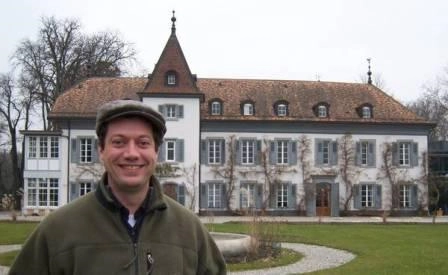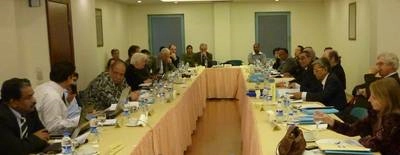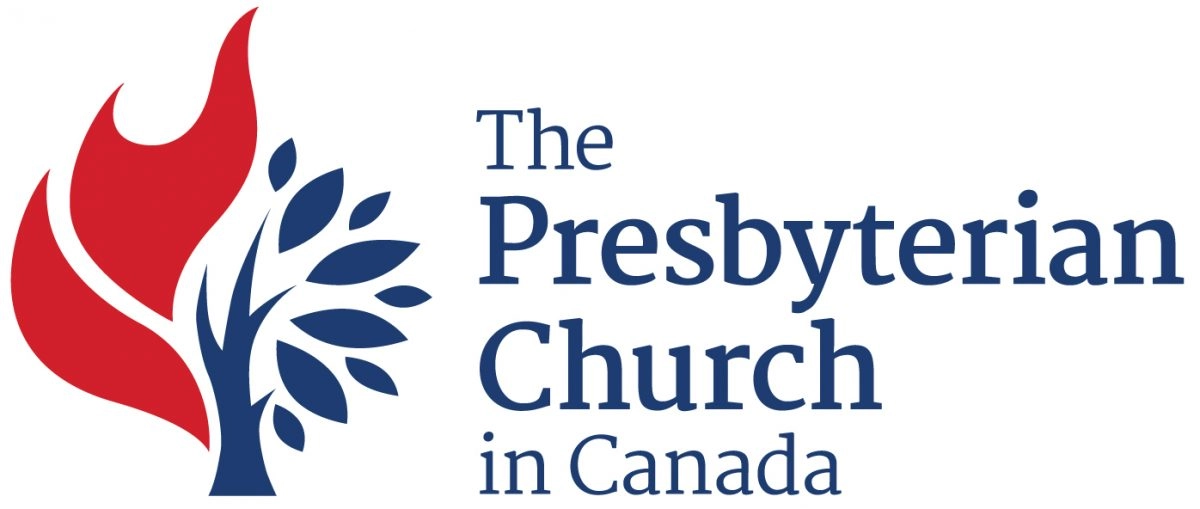- Français
- |
- Booklist
- |
- Week of Prayer
- |
- Links
- Areopagus - a forum for dialogue
- Academic journals
- Acronyms
- Bible tools
- Bibliographies
- Booksellers and publishers
- Churches
- Canadian church headquarters
- Directory of Saskatchewan churches
- Retreat centres
- Saskatchewan church and non-profit agencies
- Ecumenism.net Denominational links
- Anabaptist & Mennonite
- Anglican
- Baptist
- Evangelical
- Independent episcopal
- Lutheran
- Methodist, Wesleyan, and Holiness
- Miscellaneous
- Mormon
- Orthodox (Eastern & Oriental)
- Para-church ministries
- Pentecostal / charismatic
- Presbyterian & Reformed
- Quaker (Society of Friends)
- Roman & Eastern Catholic
- United and uniting
- Documents of Ecumenical Interest
- Ecumenical agencies
- Ecumenical Booklist
- Ecumenical Dialogues
- Glossary
- Human rights
- Inter-religious links
- Justice & peace
- Lectionaries
- Religious news services
- Resource pages
- Search Ecumenism.Net
- |
- Documents
- Ancient & Medieval texts
- Ecumenical Dialogues
- Interreligious
- Anabaptist & Mennonite
- Anglican
- Evangelical
- Lutheran
- Orthodox
- Reformed & Presbyterian
- Roman & Eastern Catholic
- United & Uniting
- Miscellaneous churches
- Canadian Council of Churches (CCC)
- Conference of European Churches (CEC)
- Interchurch Families International Network (IFIN)
- National Council of Churches in Australia (NCCA)
- Lausanne Committee for World Evangelism (LCWE)
- World Council of Churches (WCC)
- Other ecumenical documents
Church traditions
Documents from ecumenical agencies
- |
- Dialogues
- Adventist-Reformed
- African Instituted Churches-Reformed
- Anglican-Lutheran
- Anglican-Orthodox
- Anglican-Reformed
- Anglican-Roman Catholic
- Anglican-United/Uniting
- Baptist-Reformed
- Disciples of Christ-Reformed
- Disciples of Christ-Roman Catholic
- Evangelical-Roman Catholic
- Lutheran-Mennonite
- Lutheran-Mennonite-Roman Catholic
- Lutheran-Reformed
- Lutheran-Roman Catholic
- Mennonite-Reformed
- Mennonite-Roman Catholic
- Methodist-Reformed
- Methodist-Roman Catholic
- Oriental Orthodox-Reformed
- Orthodox-Reformed
- Orthodox-Roman Catholic
- Pentecostal-Reformed
- Prague Consultations
- REC-WARC Consultations
- Roman Catholic-Lutheran-Reformed
- Roman Catholic-Reformed
- Roman Catholic-United Church of Canada
- |
- Quick links
- Canadian Centre for Ecumenism
- Canadian Council of Churches
- Ecumenical Shared Ministries
- Ecumenism in Canada
- Interchurch Families International Network
- International Anglican-Roman Catholic Commission for Unity and Mission
- Kairos: Canadian Ecumenical Justice Initiatives
- North American Academy of Ecumenists
- Prairie Centre for Ecumenism
- Réseau œcuménique justice et paix
- Week of Prayer for Christian Unity
- Women's Interchurch Council of Canada
- World Council of Churches
- |
- Archives
- |
- About us
News archive for 2011
Archives d'actualités pour 2011
As of Jan. 2, the Anglican Church of Canada will have a dedicated new advocate for ecumenism.
Archdeacon Bruce Myers, missioner of communications in the diocese of Quebec, will assume a one-year, part-time position as coordinator for ecumenical relations with the Faith, Worship and Ministry department of General Synod.
“I’ve always had a passion for ecumenism even if I didn’t always call it that,” says Myers, who is manager of the Quebec diocese’s website and editor of its newspaper, Gazette. “Early on, I recognized that it was not right that the body of Christ was divided into so many pieces.”
Myers, who holds a master’s degree in ecumenical theology from the The Ecumenical Institute of Bossey in Switzerland, now brings that passion to healing the divisions in Christendom, so much of which was united as one church for 15 centuries. “I think ordinary Christians of every denomination are questioning whether the differences are all that important when we share so much in common,” he says. “The overarching ecumenical task is how to mend those broken fences and relations.”
… Read more » … lire la suite »

 Permanent link: ecumenism.net/?p=1829
Permanent link: ecumenism.net/?p=1829
Categories: Anglican Journal • In this article: Alyson Barnett-Cowan, Anglican, Canada, Christian unity, ecumenism

 Lien permanente : ecumenism.net/?p=1829
Lien permanente : ecumenism.net/?p=1829
Catégorie : Anglican Journal • Dans cet article : Alyson Barnett-Cowan, Anglican, Canada, Christian unity, ecumenism
An international study process developed by the World Council of Churches (WCC) is preparing a report on freedom of religion as a fundamental human right for all.
The fundamental rights of freedom of religion or belief are often violated by both governments and individuals, acting either on their own behalf or as members of majority groups. Despite significant initiatives taken by states and the international community, religious minorities in several parts of the world are becoming the targets of discrimination, acts of violence or hostility and persecution because of their religion.
The extent to which freedom of religion or belief can be considered as an absolute right in pluralistic societies, as well as its relation to various aspects of human rights, was the centre of discussion among experts who participated at an international consultation organized by the WCC’s Commission of the Churches on International Affairs (CCIA).
… Read more » … lire la suite »

 Permanent link: ecumenism.net/?p=1827
Permanent link: ecumenism.net/?p=1827
Categories: WCC News • In this article: human rights, religious freedom, WCC

 Lien permanente : ecumenism.net/?p=1827
Lien permanente : ecumenism.net/?p=1827
Catégorie : WCC News • Dans cet article : human rights, religious freedom, WCC
With a view toward the 50th anniversary of the opening of the Second Vatican Council, a pontifical committee has launched a worldwide treasure hunt.
Many of the more than 2,800 cardinals and bishops who participated in all or part of the 1962-65 council kept diaries, or at least notes; some wrote articles for their diocesan newspapers and most — in the days before emails and relatively cheap trans-Atlantic phone calls — wrote letters home.
The Pontifical Committee for Historical Sciences is asking church archivists, and even the family members of deceased council fathers, to look through their papers to find reflections that can add a personal touch to the historical research already conducted on the official acts of the council.
… Read more » … lire la suite »

 Permanent link: ecumenism.net/?p=7009
Permanent link: ecumenism.net/?p=7009
Categories: CNS • In this article: Second Vatican Council

 Lien permanente : ecumenism.net/?p=7009
Lien permanente : ecumenism.net/?p=7009
Catégorie : CNS • Dans cet article : Second Vatican Council
In the first century, when the Apostle Paul wrote to the Corinthian Christians about the Church as “one body with many members,” he had no idea of the differences and divisions that would come to fragment the Church so many centuries later. Paul wrote to address the particular concerns that were plaguing the early Christian communities. He pointed out that “there are varieties of gifts, but the same Spirit.”
It’s not difficult for us to apply the metaphor of the Church as the body to our congregations. We recognize the different gifts that are shared within our church communities – preaching, teaching, administration, music, hospitality, prayer, evangelism, and more – and we learn to value the different gifts and to acknowledge their importance for the healthy functioning of the church as a whole, as one body.
But what if this metaphor is meant to apply not only to the local congregation, but to the whole Church throughout the world? John’s Gospel indicates that it was Jesus himself who first prayed for the unity of the Church: “I ask … on behalf of those who will believe in me … that they may all be one … so that the world may believe that you have sent me.” (John 17:20-21)
… Read more » … lire la suite »

 Permanent link: ecumenism.net/?p=2187
Permanent link: ecumenism.net/?p=2187
Categories: Opinion • In this article: Christian unity, ecumenism, Presbyterian Church in Canada

 Lien permanente : ecumenism.net/?p=2187
Lien permanente : ecumenism.net/?p=2187
Catégorie : Opinion • Dans cet article : Christian unity, ecumenism, Presbyterian Church in Canada



